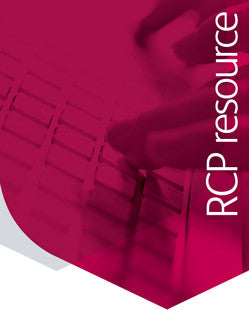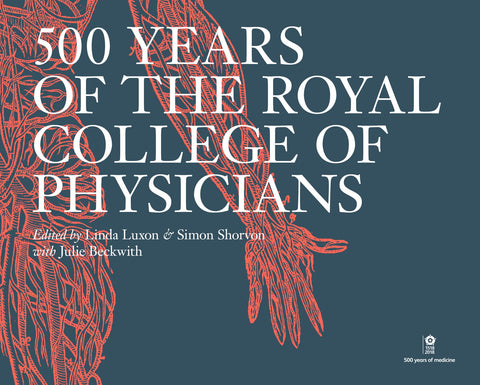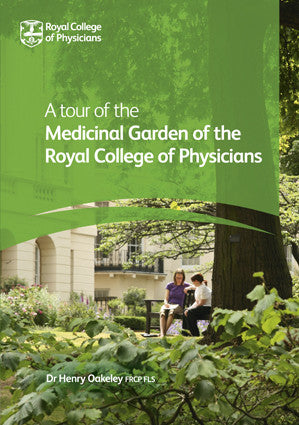Even though this report was published in 1994, much of the information contained is just as relevant now as it was then. The number of homeless people in the UK is rising. Ill health is one of the factors that can cause homelessness while at the same time ill health often becomes a result of homelessness.
The report recognises three main groups of homeless people: homeless families (Group 1), rough sleepers and hostel dwellers - the single homeless (Group 2); and those who live against their will in shared or inadequate accommodation (Group 3). The first two groups are described in relation to availability of housing, health status (including mental health) and access to health services. There is little data available on the third group.
Homeless families and people in inadequate accommodation are more likely to experience mental, physical and obstetric problems than comparable housed groups. Single homeless people are prone to a wide spectrum of physical illness and are more likely to have serious mental illness than the general population. All are likely to have difficulty in gaining access to appropriate health care.
Government, local authorities, the Housing Corporation and the NHS are asked to make a co-ordinated approach to the development of a housing and community care policy to prevent people with disabilities and ill health becoming homeless. While calling for the integration of health services for homeless people with those of the rest of the population, the report recommends that special interim arrangements should be put in place for primary care, accident and emergency services, community care and discharge planning to improve existing services.
The report provides a wide range of demographic data on the availability of housing, the number and type of homeless people and their disorders and characteristics.






